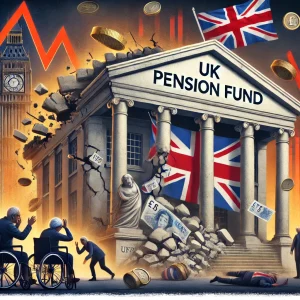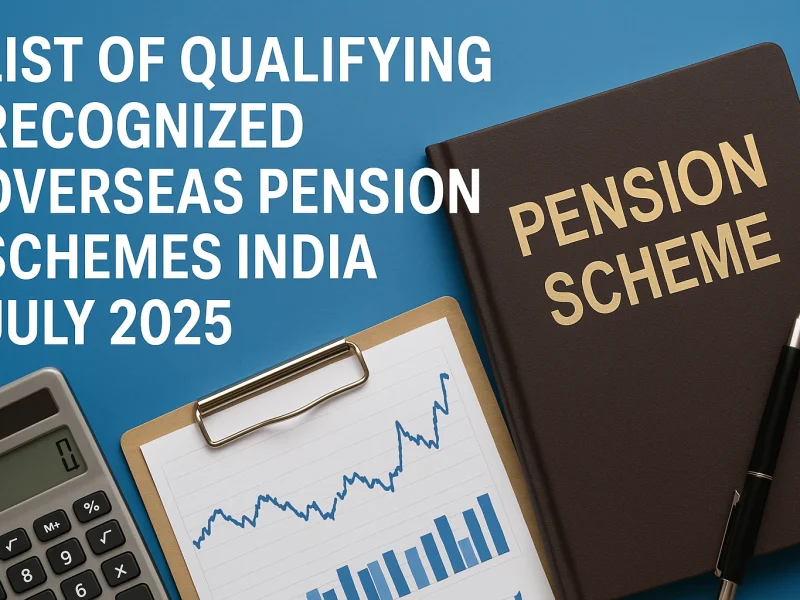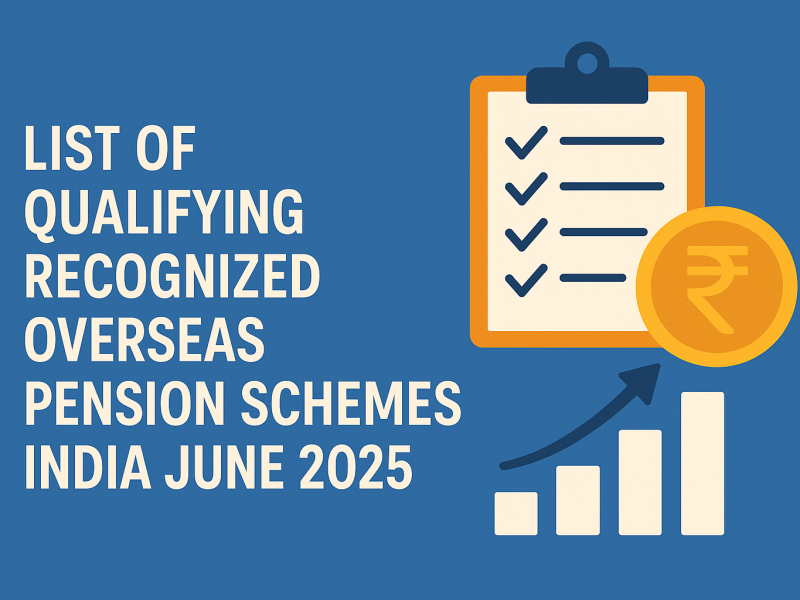
During the financial crisis of 2022, the UK pension fund almost collapsed, forcing the Bank of England to step in. To quote CNBC, “pension funds were just hours from disaster before intervention by the Bank of England.” The crisis was largely blamed on Liz Truss’s “mini” budget, which included massive unfunded tax cuts. These cuts, lacking offsetting revenue or spending measures, sent shockwaves through the economy.
The British Pound hit an all-time low against the US Dollar, while the 10-year gilt yield surged to its highest level since 2008. This led to a widespread sell-off of gilts, triggering a liquidity crisis for pension funds heavily invested in Liability Driven Investments (LDIs).
Why Did the UK Pension Fund Almost Collapse?
The crisis worsened when gilt yields spiked, causing LDI fund managers to sell off gilts to maintain liquidity. Most of these LDIs were owned by defined benefit pension plans, which suddenly faced insolvency risks.
Normally, pension funds have time to rebalance portfolios or raise capital. However, the rapid surge in gilt yields left LDI fund managers scrambling to secure large amounts of cash overnight, which is one of the main reasons the UK Pension fund almost collapsed in 2022. Without intervention, several pension funds would have collapsed, creating even more economic instability.
The Bank of England’s Emergency Intervention
Faced with a pension fund crisis, the Bank of England launched a two-week emergency bond-buying program. The goal was to restore market stability and prevent a full-scale pension collapse.
Key actions included:
- Buying long-dated government bonds (gilts) to stabilize the market.
- Announcing a £5 billion daily purchase limit for gilts with over 20 years maturity.
- Delaying new gilt sales to prevent further instability.
- Committing to further action “at whatever scale necessary” to ensure pension fund survival.
Could This Happen Again?
The UK pension fund almost collapsed in 2022 due to high reliance on LDIs, unfunded tax cuts, and rising gilt yields. If similar policies return, the risk remains. The crisis highlighted the fragility of pension funds and the importance of economic stability.
While government intervention prevented disaster, pension funds remain vulnerable to future market shocks.
Why You Should Transfer Your UK Pension to India Through QROPS
The UK pension crisis proved how unstable pension funds can be. If your retirement savings are tied to the UK market, your pension could be at risk from policy changes, market crashes, and government mismanagement.
By transferring your UK pension to India through a QROPS scheme, you can:
- Escape market volatility that threatens UK pension funds.
- Avoid the 55% UK death tax, ensuring your family gets your full pension.
- Invest in stable, high-growth opportunities in India.
- Benefit from tax-free pension transfers under QROPS.
With India’s economy growing rapidly and offering guaranteed interest rates of up to 10.5%, moving your UK pension to India is a smart, secure, and tax-efficient choice.


